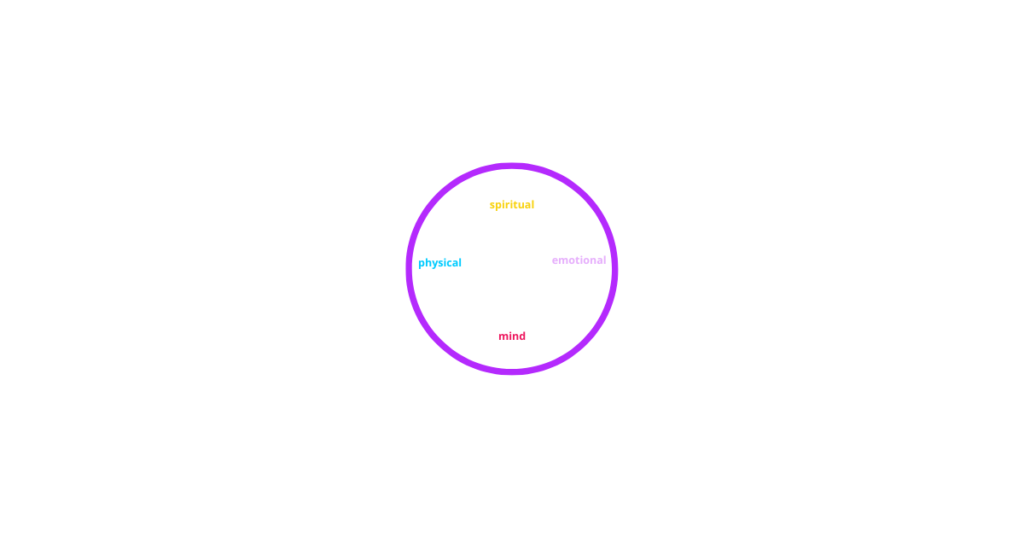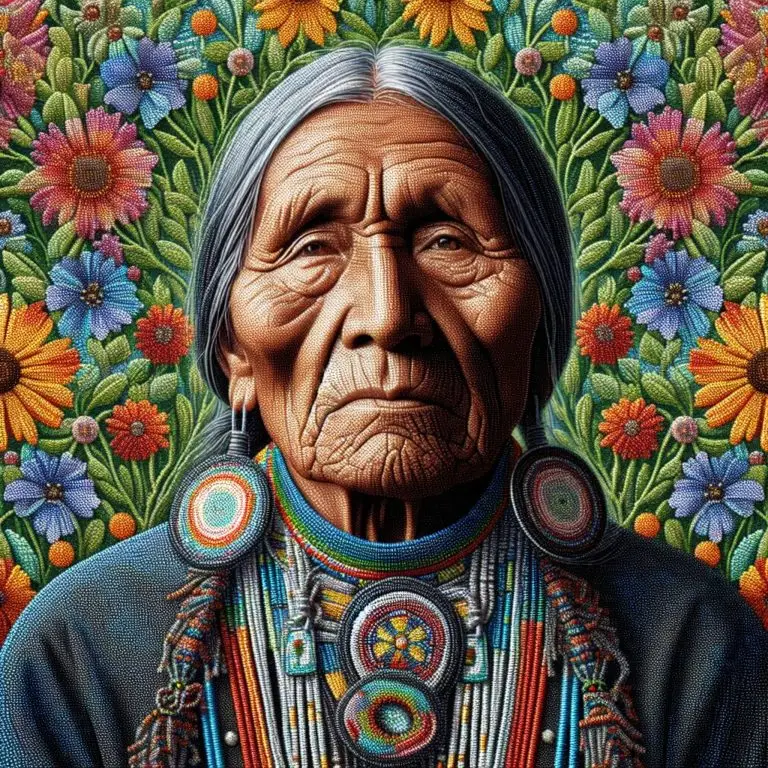Decolonizing Pedagogy through the practise of ᑫᐁᐆᑲᔲᐣ keeoukaywin Visiting
During the Fall of 2022, I organized a series of kitchen table conversations, known as ᐱᒥᓇᐊᐧᓱᐃᐧᑲᒥᐠ piminawasowikamik, at the University of Alberta. These conversations were based on the concept of visiting with each other to gather information rather than Euro-centric methods of “gathering data” that are non-relational, not meaningful., and not respectful. The practice of visiting is an Indigenous way of gathering knowledge through oral tradition, typically in informal and neutral settings such as someone’s kitchen table.
ᑫᐁᐆᑲᔲᐣ keeoukaywin is a Cree term meaning “the visiting way”. Visiting gets to the “heart” of things, rather than using the intellect (or head). It is a more wholistic process to exchange information (utilizing the head, heart, physical, and emotional quadrants of the medicine wheel) and it allows one to get to know others (through reciprocity and relationality) in what seems like an informal or more casual way but it is just as useful for long term learning and information gathering, if not MORE useful.

Decolonization is the process of dismantling the structures and systems of oppression that are imposed on Indigenous communities through colonialism. Indigenization, on the other hand, is the process of revitalizing Indigenous ways of knowing and being, including traditional practices such as visiting. In this way, visiting work is not just about gathering information, but also about healing and restoring relationships with community and land.
Education is a crucial part of the decolonization process, as it is through education that the stories and perspectives of Indigenous peoples can be included and valued in a respectful way. This can be achieved through the incorporation of visiting work as a pedagogical approach.
Traditionally, colonial teaching methods have not taken into account the unique experiences and perspectives of Indigenous communities and ways of life leading to gaps that are now being closely scrutinized by Indigenous academics and allies. By using decolonizing and Indigenizing strategies, such as visiting, educators can create classrooms and structure research methodologies that are more in line with the TRC Calls to Action, UNDRIP, and the MMIWG2S Calls for Justice and Indigenous law.
ᑫᐁᐆᑲᔲᐣ keeoukaywin the visiting way approach allows educators to provide a new way to communicate and gather data that levels the hierarchical space and creates experiences that are grounded in Indigenous ethics. Additionally, visiting allows for the exchange of information in a more holistic manner which creates deeper, more meaningful connections between the researcher and “researched”.
Furthermore, visiting work provides a way for educators to acknowledge and address the injustices faced by Indigenous Peoples and to work towards reconciliation. This includes listening to the voices of Indigenous communities, and working to understand the history and ongoing impacts of colonization on Indigenous peoples.
In conclusion, ᑫᐁᐆᑲᔲᐣ keeoukayw the visiting way is a powerful and essential approach to decolonizing pedagogy and building inclusive and responsive learning environments for everyone to be a part of. It prioritizes wholism, connection, and accountability and is closely tied to the processes of decolonization and Indigenization. By incorporating visiting work into our education practices, we can honour the wisdom and experiences of Indigenous Peoples and work towards a more just and equitable society.




